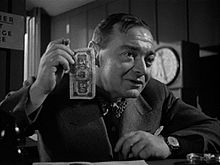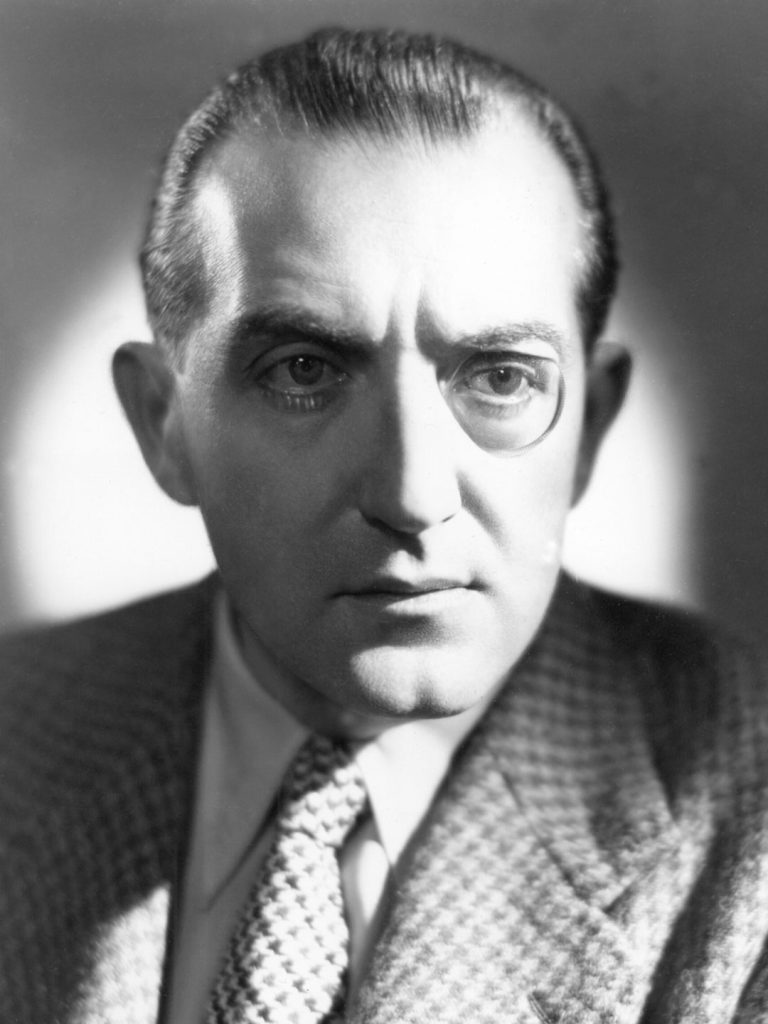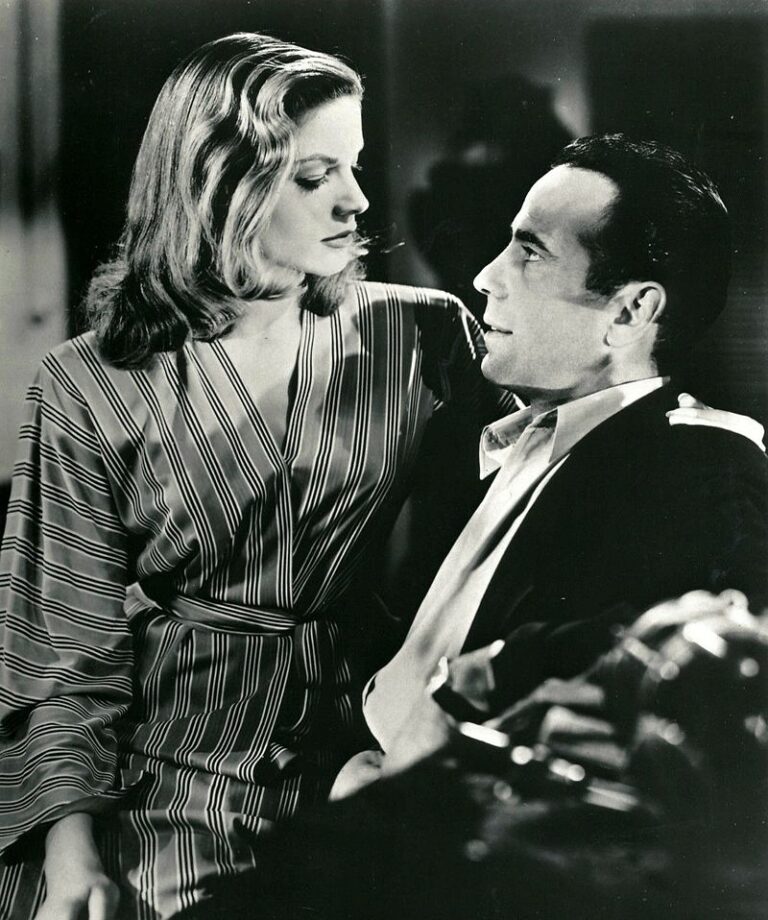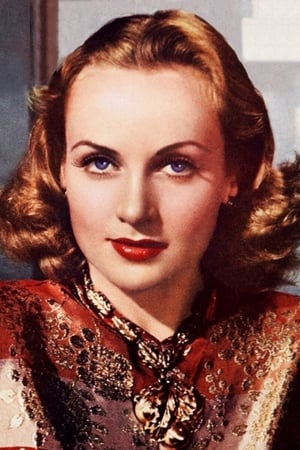Bob Hope’s Political Satire: How He Used Humor to Address Sociopolitical Issues
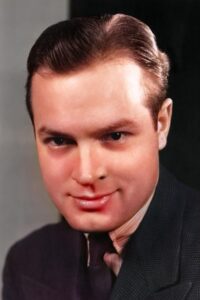
Bob Hope, the legendary comedian and entertainer, was not only known for his quick wit and charm but also for his keen ability to use humor as a means of addressing sociopolitical issues. Throughout his career, Hope fearlessly tackled sensitive topics and employed political satire to offer social commentary, making audiences laugh while also encouraging them to reflect on the world around them.
Hope’s foray into political satire began in the early years of his career when he transitioned from vaudeville to radio. His radio shows, such as “The Bob Hope Show,” became platforms for him to express his views on politics and society in a lighthearted and often satirical manner. Hope’s distinctive rapid-fire delivery and sharp comedic timing allowed him to effectively comment on current events and personalities, earning him the reputation of a master satirist.
One of the most notable aspects of Hope’s political satire was his ability to strike a balance between humor and critique. He cleverly infused his jokes and one-liners with subtle insights and observations about political figures, policies, and societal norms. Whether it was poking fun at politicians, government bureaucracy, or social conventions, Hope’s satire had a way of shedding light on the absurdities of the world while entertaining audiences.
Hope’s political satire also took center stage during his numerous USO (United Service Organizations) tours, where he entertained American troops stationed abroad. He skillfully used his comedic prowess to address the realities of war, international relations, and the challenges faced by servicemen and women. Through his performances, Hope provided a form of catharsis for the troops, allowing them to momentarily escape the hardships they faced while also drawing attention to the deeper issues at hand.
In addition to his live performances and radio shows, Hope’s influence in political satire extended to the big screen. In films such as “The Great Lover” and “The Iron Petticoat,” he satirized political leaders and the Cold War era with his trademark charm and wit. These movies not only entertained audiences but also served as a vehicle for Hope to offer his commentary on the state of the world during that time.
However, it’s important to note that Hope’s political satire was not intended to be divisive or mean-spirited. His approach was rooted in clever wordplay, irony, and absurdity, aiming to provoke thought and encourage dialogue rather than to attack or belittle. Hope’s unique ability to navigate delicate subjects while maintaining a sense of levity allowed him to connect with diverse audiences and transcend political boundaries.
Beyond his comedic endeavors, Hope’s commitment to addressing sociopolitical issues extended to his philanthropic work. He actively supported numerous causes, including the USO, humanitarian aid efforts, and civil rights initiatives. Hope’s dedication to using his platform and influence for positive change further underscored his commitment to not only entertaining but also making a difference in the world.
Bob Hope’s legacy as a political satirist is a testament to the power of humor in addressing sociopolitical issues. Through his comedy, he deftly tackled topics that were often considered taboo or sensitive, sparking conversations and challenging the status quo. Hope’s ability to entertain while shining a light on important matters made him a trailblazer in the realm of political satire, influencing generations of comedians who followed in his footsteps.
Even years after his passing in 2003, Bob Hope’s impact as a political satirist remains relevant. His ability to navigate the fine line between comedy and commentary serves as a reminder of the importance of engaging in meaningful discourse and using humor to foster understanding and social change. Bob Hope will always be remembered as a pioneer who fearlessly used laughter as a vehicle for addressing sociopolitical issues.


